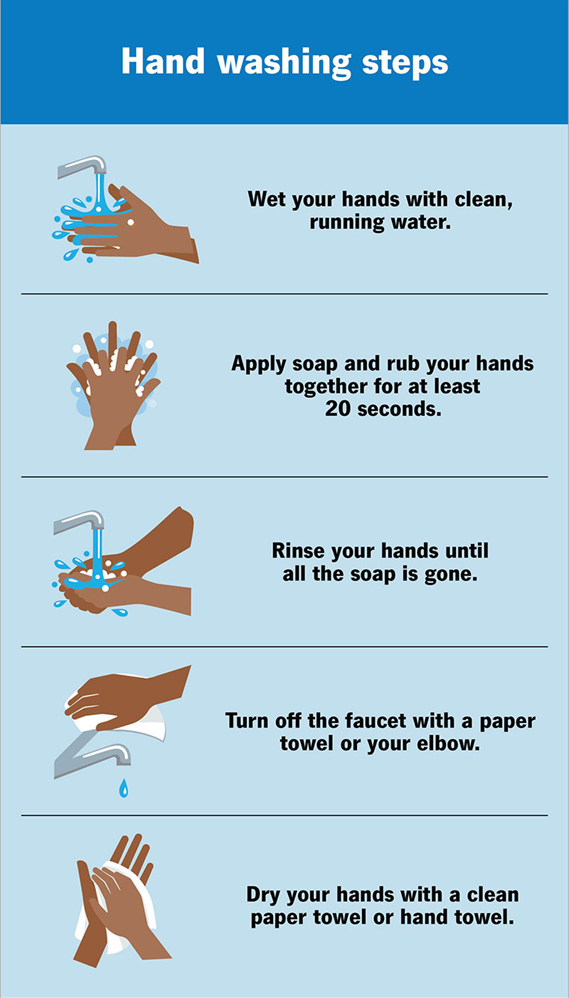A nurse is counseling a caregiver who has a special needs child regarding the support of socio-emotional development and language skills. Which of the following recommendations should the nurse make?
Read to the child at least four times per week.
Allow regular naps for the child to foster proper brain growth.
Enable playtime for the infant child once per month.
Watch a favorite TV program with the child on a consistent basis.
The Correct Answer is A
Choice A: Read to the Child at Least Four Times per Week
Reading to a child regularly is one of the most effective ways to support both socio-emotional development and language skills. It helps build vocabulary, comprehension, and communication skills while also fostering a strong emotional bond between the caregiver and the child. Reading stories can introduce children to different emotions and social situations, helping them understand and manage their own feelings.
Choice B: Allow Regular Naps for the Child to Foster Proper Brain Growth
While regular naps are important for a child's overall development and brain growth, they do not specifically target socio-emotional development and language skills. Napping helps with physical growth and cognitive function, but it does not provide the interactive and communicative benefits that activities like reading do.
Choice C: Enable Playtime for the Infant Child Once per Month
Playtime is crucial for a child's development, but once per month is not sufficient. Regular, frequent playtime is necessary to support socio-emotional development and language skills. Play allows children to explore their environment, interact with others, and develop important social and communication skills. Therefore, playtime should be encouraged daily rather than monthly.
Choice D: Watch a Favorite TV Program with the Child on a Consistent Basis
Watching TV can be a passive activity and does not provide the same level of interaction and engagement as reading or playing together. While some educational programs can be beneficial, they should not replace active, interactive activities that directly support socio-emotional development and language skills. Engaging in conversations and interactive play is more effective for these developmental areas.
Nursing Test Bank
Naxlex Comprehensive Predictor Exams
Related Questions
Correct Answer is C
Explanation
Choice A: Prevalence Rate
The prevalence rate measures the total number of cases of a disease or health condition in a population at a specific point in time or over a specified period. It is expressed as a proportion of the population. While useful for understanding the burden of disease, the prevalence rate does not provide information on the number of deaths, making it unsuitable for calculating mortality data.
Choice B: Case Fatality Rate
The case fatality rate (CFR) is the proportion of individuals diagnosed with a particular disease who die from that disease within a specified period. It is expressed as a percentage. While CFR provides insight into the severity of a disease, it does not give the overall number of deaths in a population, nor does it specify the age group affected.
Choice C: Age-Specific Mortality Rate
The age-specific mortality rate is the number of deaths in a specific age group per 100,000 population in that age group over a given period. This measure is ideal for calculating the number of deaths among school-age children, as it provides detailed mortality data specific to that age group. By using this rate, the nurse can accurately determine the mortality rate for school-age children in the county.
Choice D: Cause-Specific Mortality Rate
The cause-specific mortality rate is the number of deaths from a specific cause per 100,000 population in a given year. While this measure is useful for understanding the impact of specific diseases or conditions, it does not provide a comprehensive view of mortality across different age groups. Therefore, it is not the best choice for calculating the overall number of deaths among school-age children.
Correct Answer is D
Explanation
Choice A Reason:
The portal of entry refers to the site through which pathogens enter the body. While handwashing can indirectly affect the portal of entry by reducing the number of pathogens on the hands, it primarily targets the mode of transmission. The portal of entry includes areas such as the respiratory tract, gastrointestinal tract, and breaks in the skin.
Choice B Reason:
The susceptible host is an individual who is at risk of infection due to factors such as age, underlying health conditions, or weakened immune systems. Handwashing does not directly alter the susceptibility of the host but rather reduces the likelihood of the host coming into contact with pathogens.
Choice C Reason:
The portal of exit is the site from which pathogens leave the host to infect another individual. Common portals of exit include the respiratory tract, gastrointestinal tract, and open wounds. Handwashing does not directly impact the portal of exit but helps prevent the spread of pathogens from one person to another.
Choice D Reason:
Mode of transmission refers to the way pathogens are transferred from one host to another. Handwashing is a critical intervention that targets this link in the chain of transmission by removing pathogens from the hands, thereby preventing their spread through direct contact or contact with contaminated surfaces. This is why proper handwashing technique is emphasized in infection control practices.

Whether you are a student looking to ace your exams or a practicing nurse seeking to enhance your expertise , our nursing education contents will empower you with the confidence and competence to make a difference in the lives of patients and become a respected leader in the healthcare field.
Visit Naxlex, invest in your future and unlock endless possibilities with our unparalleled nursing education contents today
Report Wrong Answer on the Current Question
Do you disagree with the answer? If yes, what is your expected answer? Explain.
Kindly be descriptive with the issue you are facing.
